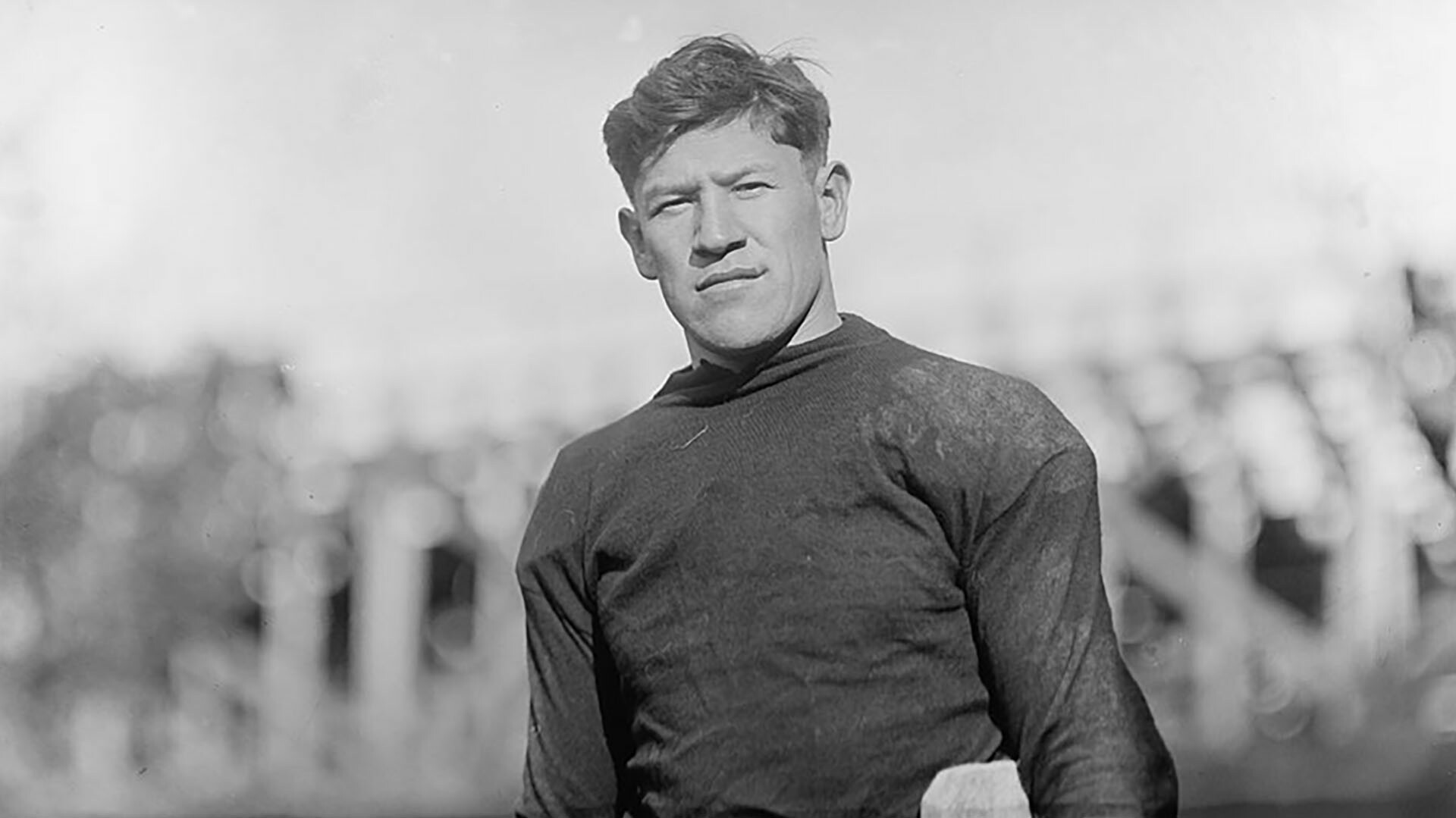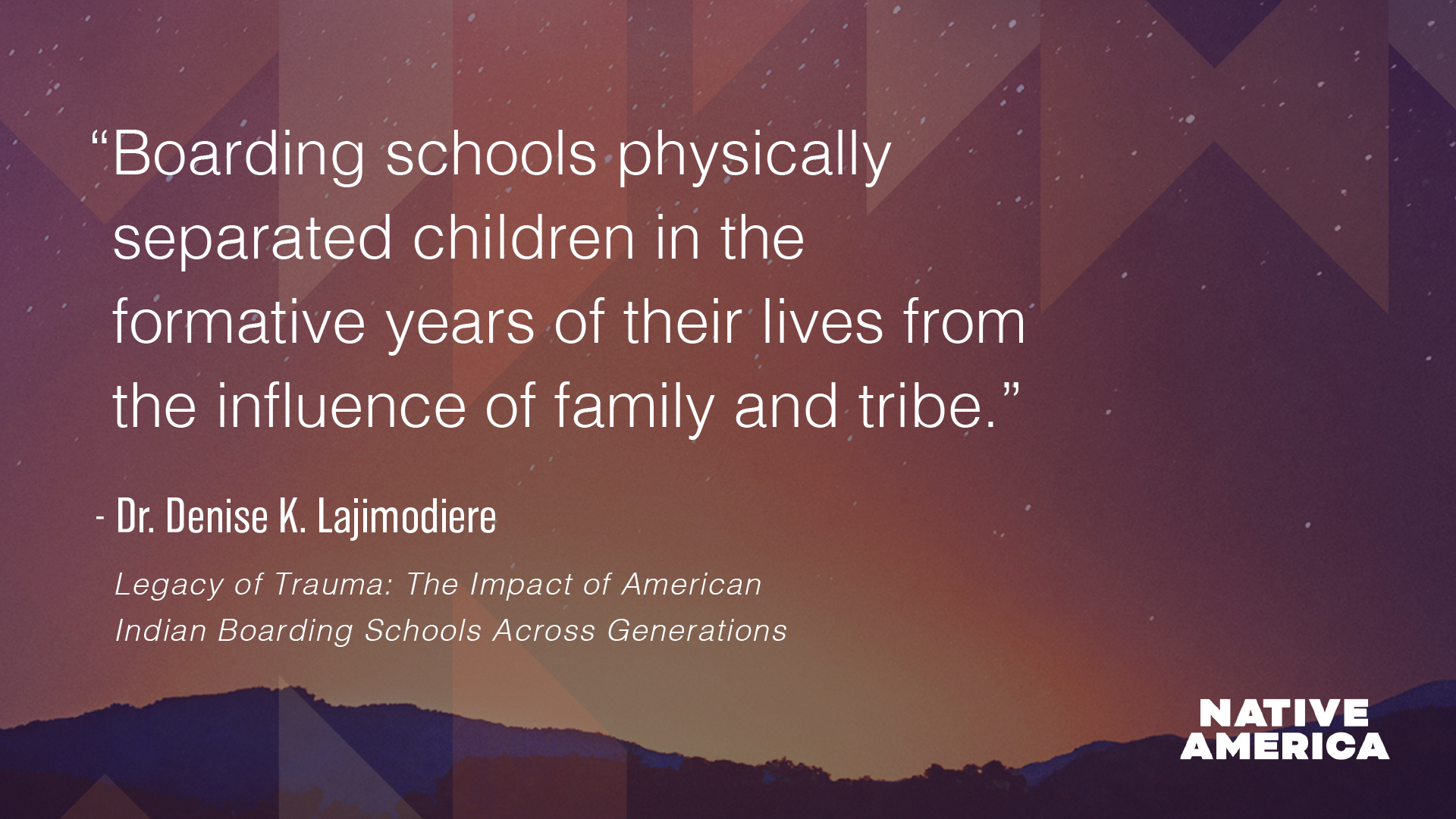Uphold the Promise of the Treaty of New Echota: Seat the Cherokee Delegate

The story of the Cherokee Nation cannot be told without the story of the Treaty of New Echota.
Agreed to in 1835, and ratified by the Senate and signed into law by President Andrew Jackson the following year, the Treaty of New Echota forced my ancestors, along with thousands others, to give up their homeland in the eastern United States and embark on a forced march to what is now Oklahoma. The Trail of Tears, as this forced march would become known, was the darkest moment in our tribe’s history. Four-thousand Cherokee – a quarter of our entire tribe – died along the way.
Amidst this tragedy, however, the treaty also contained a provision that promised the Cherokee Nation a delegate in the U.S. House of Representatives. “It is stipulated,” the treaty reads, “that [the Cherokee Nation] shall be entitled to a delegate in the House of Representatives of the United States whenever Congress shall make provision for the same.”
In the years that followed the signing of the treaty and the forced march, our ancestors worked to rebuild all that they had lost. They settled in Oklahoma and did everything they could – often in the face of immense obstacles put up by the U.S. Government – to preserve and protect our heritage and culture. It wasn’t until the 1970s that we were again allowed to form our own government.
Today, nearly two centuries after the start of the Trail of Tears, we have made great strides in reasserting our sovereignty and strengthening our people. Yet, the U.S. House still has yet to fulfill its end of the bargain by passing a resolution to seat the Cherokee Nation delegate.
Our economic development, health care initiatives, and efforts to preserve the Cherokee language are evidence of the resilience and determination of our people. Yet, our absence in the halls of Congress continues to hinder our ability to fully advocate for our interests and secure the future of our Nation.
Our causes and concerns demand a platform where they can be effectively addressed. Without a delegate in the U.S. House, however, our voices go largely unheard by key policymakers, and the well-being of our citizens remains at risk.
In 2019 Chief Chuck Hoskin Jr. vowed to renew the fight for the U.S. to fulfill the long-promised Delegate. I was honored to be appointed to serve Cherokee Nation in Congress by Principal Chief Chuck Hoskin Jr. in 2019, and then re-appointed earlier this year as Chief Hoskin began his second term in office. As a former senior aide on Capitol Hill, and a senior policy adviser to President Obama, I know that I have what it takes to get to work on Day One as the Cherokee Nation’s Delegate – crafting and introducing legislation, voting in Committees, speaking on the House floor, and getting things done for the nearly 500,000 Cherokee Nation citizens I serve.
When that day comes, I know that I will be able to bring the voices, values, and concerns of Indian Country to the national stage. Indian Country today continues to face incredible challenges – a need for federal funding, infrastructure repairs, access to health care, and so much more. The needs of our people are unique, and they deserve a Delegate who is committed to fighting for them and working on solutions for the obstacles we face.
Yet, with each passing day that we struggle, we will remain unable to raise our voices at the highest levels of the federal government until Congress acts to seat the Cherokee Nation’s delegate.
This is not just an issue about representation; it is about justice, recognition, and reconciliation. The Cherokee Nation's voice should not be absent from the halls of Congress. Our unique perspective and insights have been missing from critical discussions that impact not only our people, but also the nation as a whole.
That’s just wrong. It doesn’t have to be this way.
By seating the Cherokee Nation's delegate in the U.S. House of Representatives, Congress can rectify this historical oversight and demonstrate a newfound commitment to inclusivity and respect for Native American sovereignty. Our presence in Congress would be a step towards healing the wounds of history and building a stronger, more equitable future for all of us. We should all embrace this opportunity to forge a path towards unity, understanding, and justice.
There is no question that the Treaty of New Echota was a dark chapter in both Cherokee and American history. It was an agreement that carried both pain and promise for our people.
We have felt the pain for nearly 200 years. Now is the time to honor the promise.
Kim Teehee is the Cherokee Nation’s Delegate to Congress.


